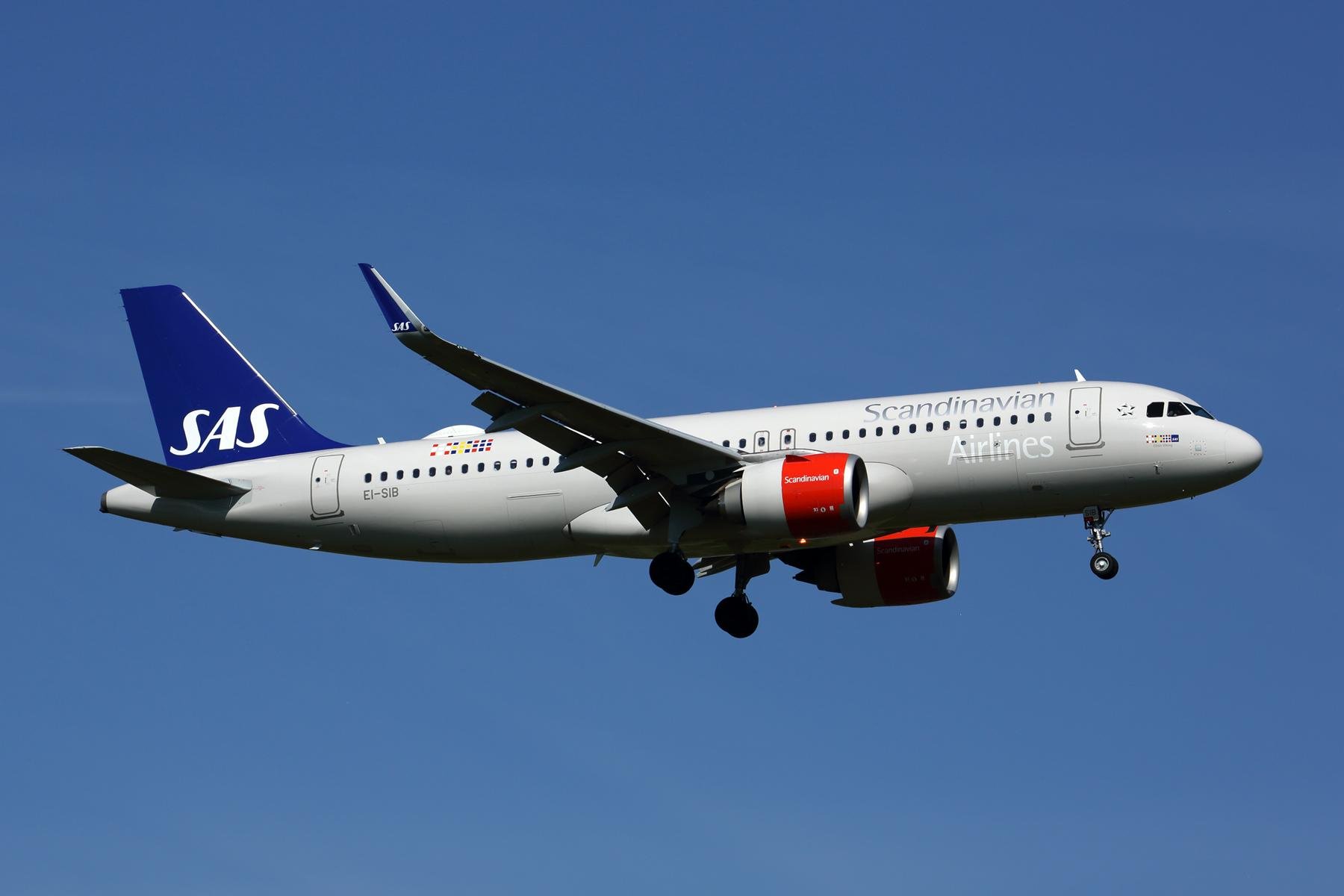
Scandinavian Airlines (SAS) is aiming to complete its revised SEK14.25 billion ($1.64 billion) recapitalization by November, after providing fresh terms to appease commercial investors who balked at the company’s original proposal.
“The future of SAS depends on a successful outcome of the revised recapitalization plan, as well as delivery on SEK4 billion in efficiency improvements through rightsizing the company’s cost structure to reflect a new situation of lower demand,” SAS chairman Carsten Dilling said Aug. 14. “The board strongly encourages bond, hybrid and shareholders to vote in favor of the proposals to be presented at respective meetings, as there are no other available alternatives.”
As set out in late June, SAS is aiming to convert SEK2.25 billion of debt to equity and raise a further SEK12 billion in fresh equity to mitigate the COVID-19 crisis impact.
However, by mid-July it became clear that SAS’s hybrid note and bond holders would not approve the original recapitalization plan. Their buy-in was needed to access Swedish and Danish government funding, so SAS needed to come up with a revised proposal.
The hybrid note and bond holders reached an agreement in principle with SAS on Aug. 7. This agreement has been finalized into the revised recapitalization plan, which now has the support of SAS’s three largest shareholders: Sweden, Denmark and the Knut and Alice Wallenberg Foundation (KAW).
On Aug. 14 and Aug. 17, SAS provided further details about the revised plan, which aims to raise SEK14.25 billion in equity through five elements, three of which have been changed.
The five elements comprise a bond conversion (SEK2.25 billion), a hybrid conversion (SEK1.5 billion) and state hybrid notes (SEK6 billion)—which have all been revised—and a rights issue (SEK4 billion) and directed issue ($2 billion), which remain as per the June plan.
This new plan carries a “somewhat increased financing cost,” SAS CFO Torbjorn Wist said, speaking on an Aug. 17 webcast.
Giving an illustration, Wist said that in fiscal 2021 the financing cost could total SEK10-49 million. This increases to SEK81-131 million in fiscal 2022 and fiscal 2023, before rising to SEK188-255 million in fiscal 2024, and SEK113-180 million in fiscal 2025.
“Clearly, without this financing plan, SAS would not be in a good place,” Wist said.
Under the revised recapitalization, SAS has changed the share-conversion terms for the hybrid note holders. The company is also now offering the bond holders the option to convert their investments into new commercial hybrid notes, as an alternative to the common-share conversion that was originally proposed.
The company has also increased the interest rate payable to its government lenders, to comply with state-aid regulations.
SAS’s hybrid note and bond holders will meet on Sept. 2 to discuss the conversion, with 53.25% of hybrid note holders and 41.51% of the bond holders indicating that they will back the plan.
“A successful conversion of the bonds and existing hybrid notes is still a very clear condition from the major shareholders [Sweden and Denmark] for their support in the recapitalization,” Wist said. “Any amendment to this current revised structure would delay other approval processes significantly, as they would have to be completely restarted.”
The hybrid note and bond holder meeting will be followed by an extraordinary general meeting on or around Sept. 22, where Sweden, Denmark and KAW plan to use their 35.56% combined voting power to back the plan.
“If the revised recapitalization plan is not implemented and fails, SAS will not be able to remedy the liquidity shortage and the negative equity caused by the COVID-19 outbreak, which would have a material adverse effect on the company’s financial condition,” SAS said Aug. 15. “Should SAS as a result of such material adverse effect on its financial condition be forced to file for bankruptcy, it is likely that the holders of the existing hybrid notes and the bonds will not be able to recover any of their claims under the notes.”
The recapitalization also needs European Commission approval. If granted, SAS will be banned from issuing dividends and increasing management remuneration until the money is repaid. The company will also be subject to merger and acquisition restrictions.
Should the recapitalization go according to plan, SAS will issue up to 7.3 billion new shares, diluting its existing capital by approximately 95%.
“As a result, the shareholdings would change significantly and, in the event the bondholder offer and the rights issue will be fully subscribed and following settlement of the conversion of the existing hybrid notes, the revised recapitalization plan will result in each of the Danish and Swedish states holding 1,420,462,427 shares corresponding to respective shareholdings of approximately 18.5% of the total number of shares and votes,” SAS said.
SAS is aiming to have access to the funds by Oct. 31 and to complete the revised recapitalization process by Nov. 5.





